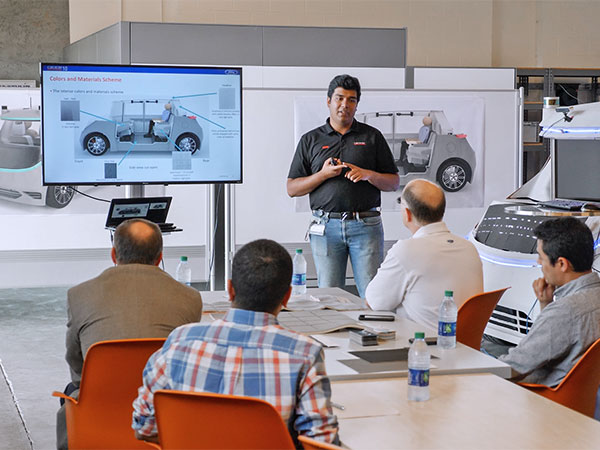
Computational Design, Modeling, Decision Making, and Optimization
- Building tools for multi-scale, multi-physics system design, integrating generative and AI-assisted techniques.
- Digital twins, uncertainty quantification, and human-in-the-loop simulations
- Developing methods for extracting insights from structured and unstructured data in various engineering domains.
- Applications: autonomy, mobility, sustainability, biomedical fields







